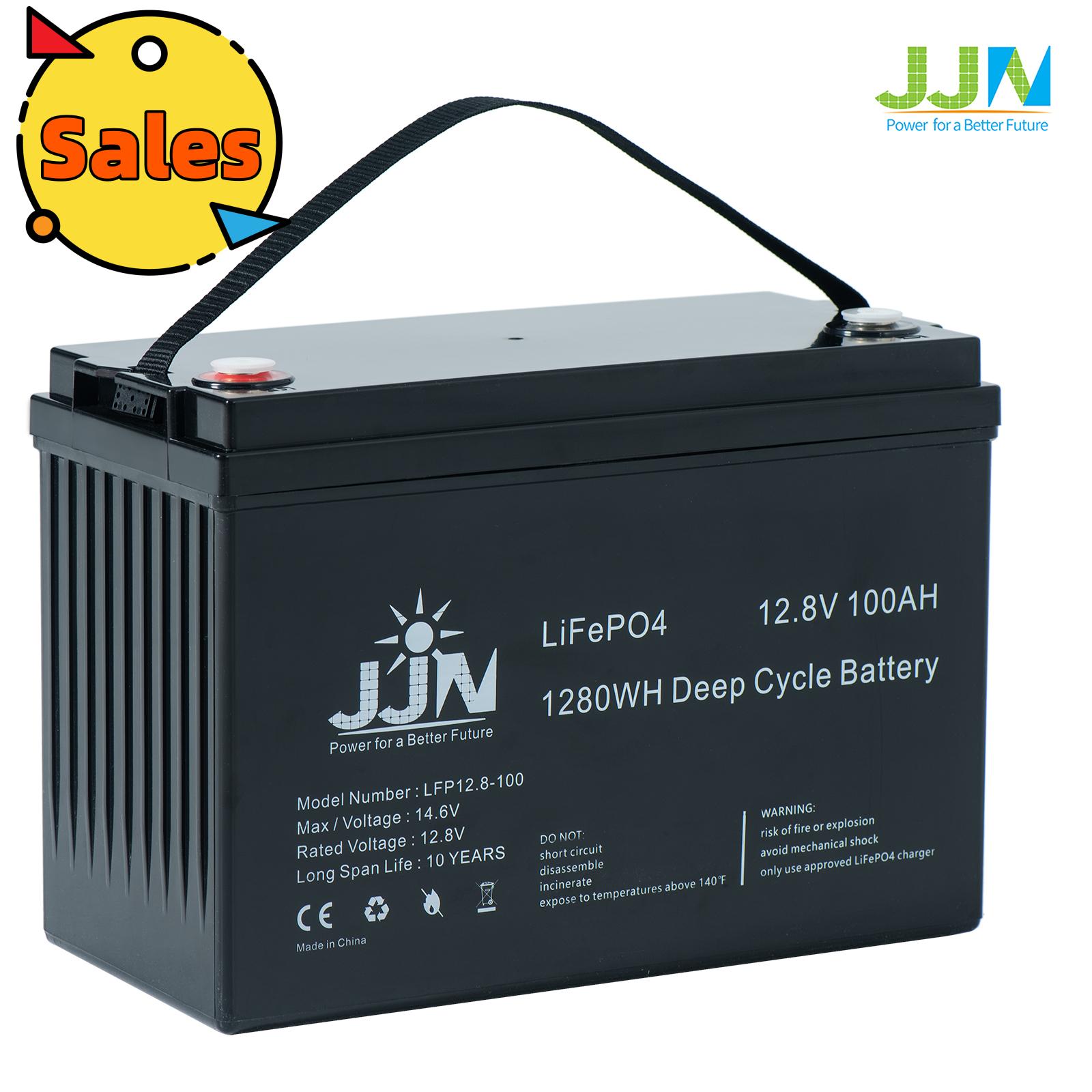
How to Care For a LifePo4 Lithium Battery
Lithium batteries are non-toxic and non-contaminating, with no rare metals (like Ni-MH batteries). These are a green alternative to other battery types, which are hazardous to the environment.
They have a long lifespan and are safe to handle. They are also lightweight and have a high energy density. They are perfect for RVs, marine and off-grid enthusiasts.
Cost-effectiveness
Unlike lead acid batteries, lithium iron phosphate batteries have an average lifespan of up to ten years. This means that you will spend less money on maintenance and replacements. Moreover, these batteries charge up to 4 times faster than their lead acid counterparts, so you can get your electric vehicle or scooter ready for an adventure in no time.
Lithium iron phosphate batteries also have high energy efficiency, which means that they can power multiple devices at the same time without losing much capacity. This is crucial for off-grid applications where you need to make the most of every watt of solar. Additionally, these batteries are built to handle high currents, so you can use them for demanding applications like electric golf carts and bass boats.
However, it is important to note that the battery’s life cycle will decrease over time, especially if you regularly discharge it below 20% of its capacity. This is because the cells may swell and lose some of their storage capacity. To extend your battery’s lifespan, you should avoid deep cycles and stick to 70-80% DoD maximum (depending on the application).
You can further extend your battery’s lifespan by properly storing it. Keep in mind that lithium batteries are sensitive to high temperatures, so it’s essential to store them in a cool place.
Longer lifespan
Lithium iron phosphate batteries are known for their long lifespans. They are often a better choice for long-term use than lead acid or AGM batteries, as lifepo4 lithium battery they have a longer cycle life and lower risk of thermal runaway. This makes them ideal for applications such as RVs, bass boats, and solar energy systems. However, these batteries can be damaged by incorrect charging or overcharging, so it’s important to know how to care for them properly.
To ensure the longest battery lifespan, you should always store your lithium iron phosphate batteries in a cool, dry place. You should also avoid exposing them to high temperatures, as this can shorten their lifespan. In addition, you should always balance your partial charge and discharge cycles. If you do not do this, the cells may suffer from “swelling”, which reduces capacity and performance.
When storing your lithium batteries, it’s essential to keep them in an optimal state of charge (SoC). A DoD range of 70-80% is recommended for most applications, as higher levels will cause the battery to lose its lifespan over time. You should also avoid overcharging, as this will damage the cells of your lithium lifepo4 lithium battery battery and speed up its degradation. To prevent overcharging, you should always use a smart charger and check your battery’s voltage regularly. LiFePO4 batteries are more prone to thermal runaway than other lithium batteries, so it’s important to maintain a proper SoC level.
High energy density
Rechargeable lithium-ion batteries (LIBs) have a high energy density, which means they can store a lot of power in a small space. This feature makes them popular for use in electric vehicles and renewable energy storage systems. LIBs also have a long cycle life and are safe to use.
The energy density of LIBs depends on the materials used for the anode and cathode. The anode in a LIB is usually made of graphite or other carbon-based material, while the cathode is made of lithium and one of several different metals. Currently, nickel-cobalt and manganese-cobalt are the most common battery chemistries. These ternary materials have improved energy densities over older technologies, such as lead acid and nickel-cadmium.
While these chemistries have the highest energy density, they also suffer from poor thermal stability and lower load currents. To improve their performance, scientists are experimenting with a variety of silicon-based anode materials. These materials are expected to improve the specific capacity and charge rate of lithium batteries.
The most promising silicon-based anode is spinel, a nanocrystalline structure that is composed of diamond shapes linked in a lattice. The spinel structure allows for faster electron transfer than traditional graphite. In addition, it has an excellent capacity to absorb lithium ions. Moreover, the anode of a LIB is usually coated with an active silicon-carbon composite to increase its energy density and improve cycling stability.
Fast charging
This battery is a great choice for off-grid applications like solar power systems, RVs and boats. It has a high cycle rating and an onboard Battery Management System. The BMS prevents the battery from charging when it is too cold. This is important because lithium batteries can be damaged if they are charged at below freezing temperatures. It also prevents the battery from discharging when it is too full, which can damage the internal lithium plating and reduce the lifespan of the cells.
This LiFePO4 lithium battery has a low self-discharge rate and can be recharged over 5000 times. It is also much safer than other lithium batteries, and won’t catch fire even if it is punctured or damaged. It also has a long runtime and is ideal for solar energy systems and golf carts.
This battery is a great value for its price and has an excellent warranty. It is also highly recommended by experts. Its built-in Battery Management System is very reliable and protects against overcharging, short circuits and overvoltage. It also has a cool feature that allows you to reset the battery without losing data. It is a great option for anyone looking for a budget-friendly lithium battery. It is also available with low-temperature charging protection, which makes it ideal for use in cold climates.
